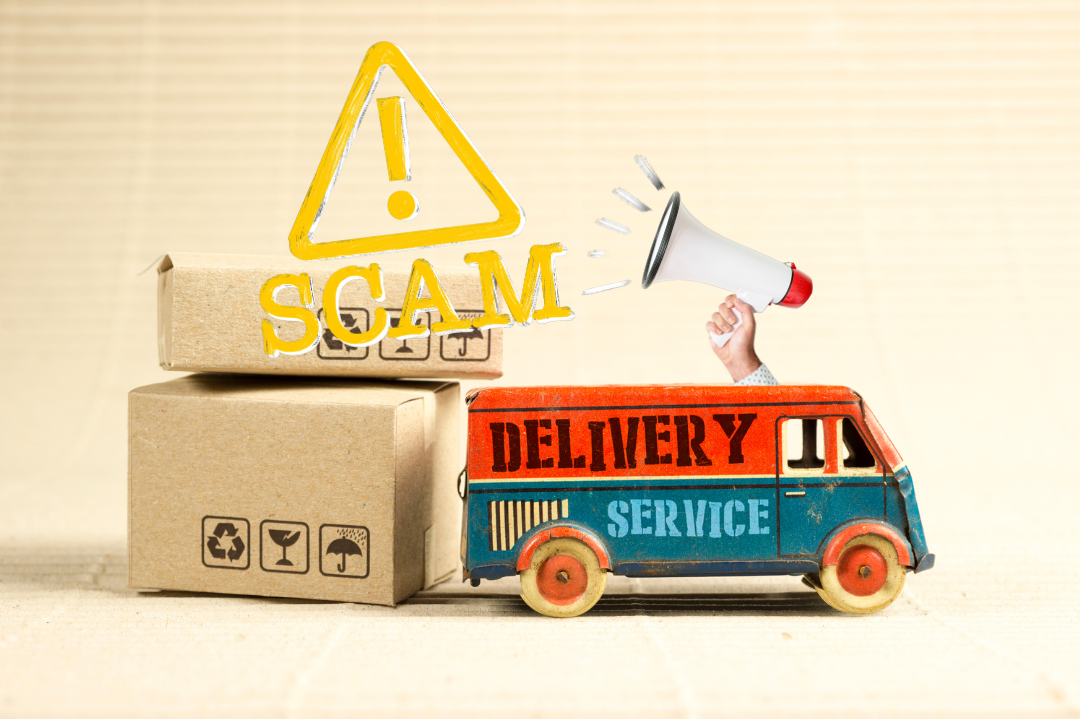Travel trap: Beware of Booking.com scammers
Booking travel and accommodation has never been easier thanks to the internet, but as Booking.com users have found, the modern convenience is not without its traps.
In the year ending December 2023, Australians lost more than $337,000 to scammers impersonating some of the online travel agency’s accommodation partners.
Smart money: How to avoid PayID scams
Do you use PayID? Hardly surprising, given that more than 15 million Australians have taken up the electronic payment system since its launch six years ago.
The attraction is simple: it’s easy to use, free, and money is transferred quickly. The unique identifier (the ID part) is linked to your bank account; you only need a mobile number or ABN to send and receive money.
According to the Australian Banking Association, it’s also one of the most important steps customers can take to prevent scams.
But the mobile-friendly service hasn’t been immune to scammers, either. Even the tech-savvy younger generation - least likely to be caught in other financial scams - has been caught out.
Facebook Marketplace: Beware of online scams
We’re always on the hunt for a good deal, whether buying or selling, so it’s hardly surprising that online marketplaces such as Facebook and Gumtree have proved so popular.
But wherever there are bargain hunters, there are scammers. There have even been instances of criminals using marketplaces as a way into homes. Police in Brisbane warned of an alarming increase in offences targeting online sellers.
Taxing time: Wise up to end of financial year scammers
The only people who love this time of year are accountants - and scammers.
While you’re busy trying to get your finances for the end-of-financial year tax submission, scammers are also busy trying to persuade you to part with money.
Picture-Perfect Pressure: Protect yourself from unfair contract sales tactics
Gap Studios, a photography studio based in Newstead, Queensland, has been accused of using unethical and manipulative business practices and unfair contract terms to deceive customers into spending thousands of dollars on photos.
The studio frequently promotes "free" photography sessions on social media, encouraging people to sign up with the promise of a chance to win the free photography experience. However, those who enter the competition are in for a nasty surprise.
Sick of scam text and calls? It’s time to take charge
We’ve all received one. Chances are, most of you have received more than you can count. Spam calls and texts are insidious. Many of us just find them irritating and delete them or refuse to answer phone numbers we don’t recognise.
But invariably, these spam calls and texts are also scams.
Expert tips to avoid the latest scams
Wondering why you’re receiving those misspelled SMS? It’s actually deliberate.
Scammers are bypassing the system that automatically blocks scams with a smattering of bad grammar and spelling. They are getting in front of you and hoping you click too quickly to realise your mistake.
This is just one of the more sophisticated tactics - yes, even bad spelling is sophisticated - scammers are employing to capture even the most cautious among us. Scammers are so successful that, according to the latest reports, Aussies have lost a total of $222,810,200 to scams in 2021. That’s already 26.8 percent higher than 2020, and the year is not yet over.
Is there anything good about counterfeit goods?
Scammers like to take advantage of what’s popular and urgent. It’s no wonder that in a time of fear and uncertainty, scams spread like a virus, offering fake solutions and knock-off items. We have to be careful because as much as they’re after our money, they’re also out for our personal details and access to our computer. How can you avoid being duped? We’ve rounded up some of the most common trends in fake goods, plus helpful tips to avoid counterfeit tricks.
When excitement turns to disappointment – things you can do about a dud event
Living in the digital age means we're able to plan our adventures from the comfort of our home. We spend our time researching and coordinating, hopeful of having a fun time, usually with our favourite people in tow. So, how can you tell if the event going to be a fizzer or a best-seller when you're reading the promotions?
Online sales are surging, and so are delivery scams
Scammers are constantly finding ways to exploit the current trend. People are out in force buying online, and as those packages go out for delivery, people expect to receive messages from shopping websites like Amazon and delivery companies including Australia Post. This makes it the perfect time for scammers to prey on consumers who are not paying close attention.










